Training for special needs teachers in The Gambia
The Gambia Teachers’ Union (GTU), through support from the Steve Sinnott Foundation, have deliverd a two-day training on Gender-Based Violence (GBV) for twenty special needs teachers from selected schools in the country. The Union is implementing this activity in partnership with the Special Needs Unit of the Ministry of Basic and Secondary Education.
The Gender Based Violence (GBV) training for teachers was developed through the requests that came from the safe space provided by our Positive Periods programme. The candid conversations between women during these Positive Period sessions highlighted a need to offer training to educators that would enable them to better support the needs of women and girls who are facing gender-based violence and discrimination in schools.
The resulting GBV workshops offering training opportunities for teachers has taken place in The Gambia, Sierra Leone, Malawi, Guinea Bissau and Haiti. Feedback from these workshops has highlighted a further need to extend this training to special needs teachers. This illustrates perfectly how we work at the Steve Sinnott Foundation. We listen to the people that we work with and support the developments that they identify.
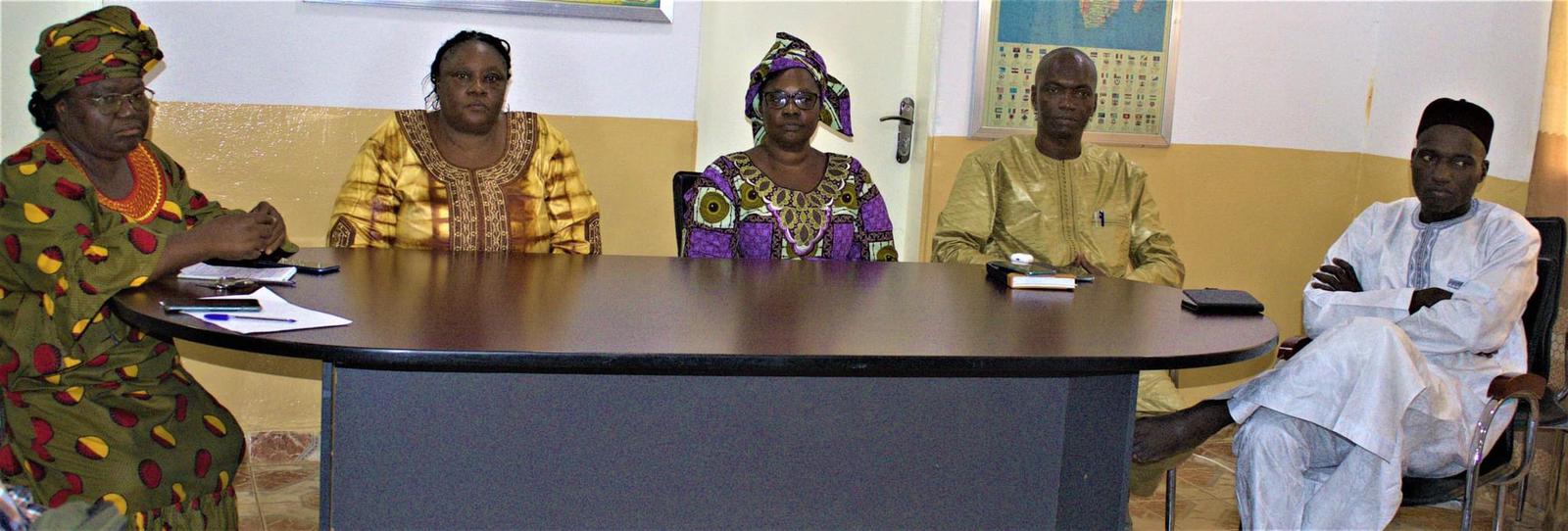
A new GBV workshop has evolved
This new training for special needs teachers on GBV took place in July 2022 at the GTU Secretariat in Kanifing. The main aim was to increase awareness of school related gender-based violence, and improve the participant’s knowledge of the types and extent of GBV and its consequences. The training was also expected to give participants an in-depth understanding of the operational structures of the GTU on trade union and professional matters, as well as empower participants with information and available service providers who will be able to offer a response to the identified cases of GBV.
However it was noted that school related GBV is not the only problem faced by children with disabilities. There have been reports of gender-based violence in and out of the educational settings and some of these acts of violence and violations are targeted at persons with disabilities. As well as experiencing gender-based violence children with disabilities also miss out on education completely.
During his presentation on the Educational Management Information System, Alpha Bah of the Planning Unit at the Ministry of Basic and Secondary Education observed that 90% of children with disabilities in the developing world do not go to school while the literacy rate for adults with disabilities stands 3%. Mr. Bah further observed the existing challenge of gathering data on persons with disabilities but quickly noted frantic efforts are being done by the Ministry to cover the data gap.
So the workshop aimed to address the lack of awareness about the full extent of the problem faced by children with disabilities, to highlight the problem of GBV and to signpost teachers to what they can do about these issues.
It is thus hoped with such training the narratives for children with disabilities will change for the better.
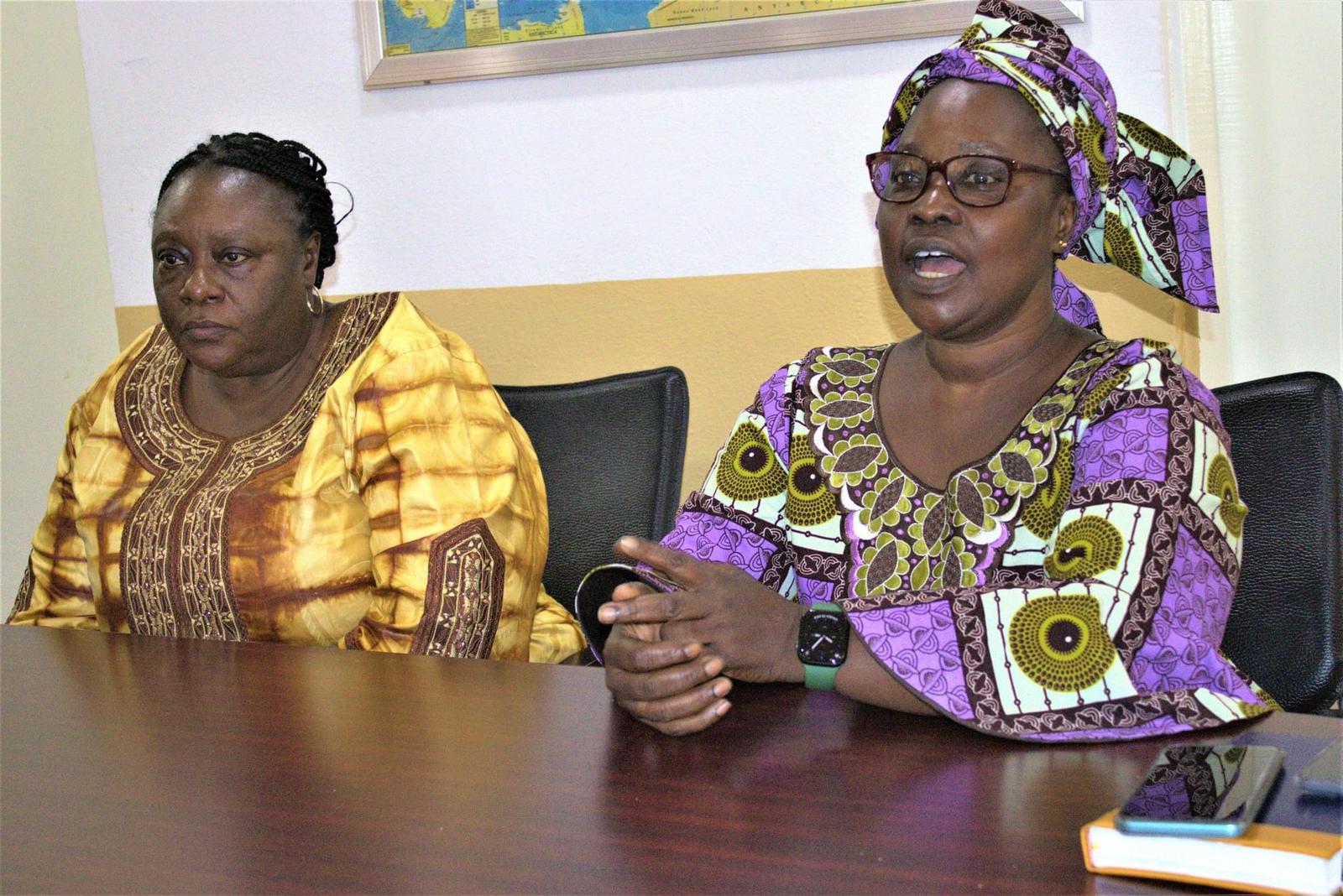
Slide title
Write your caption hereButton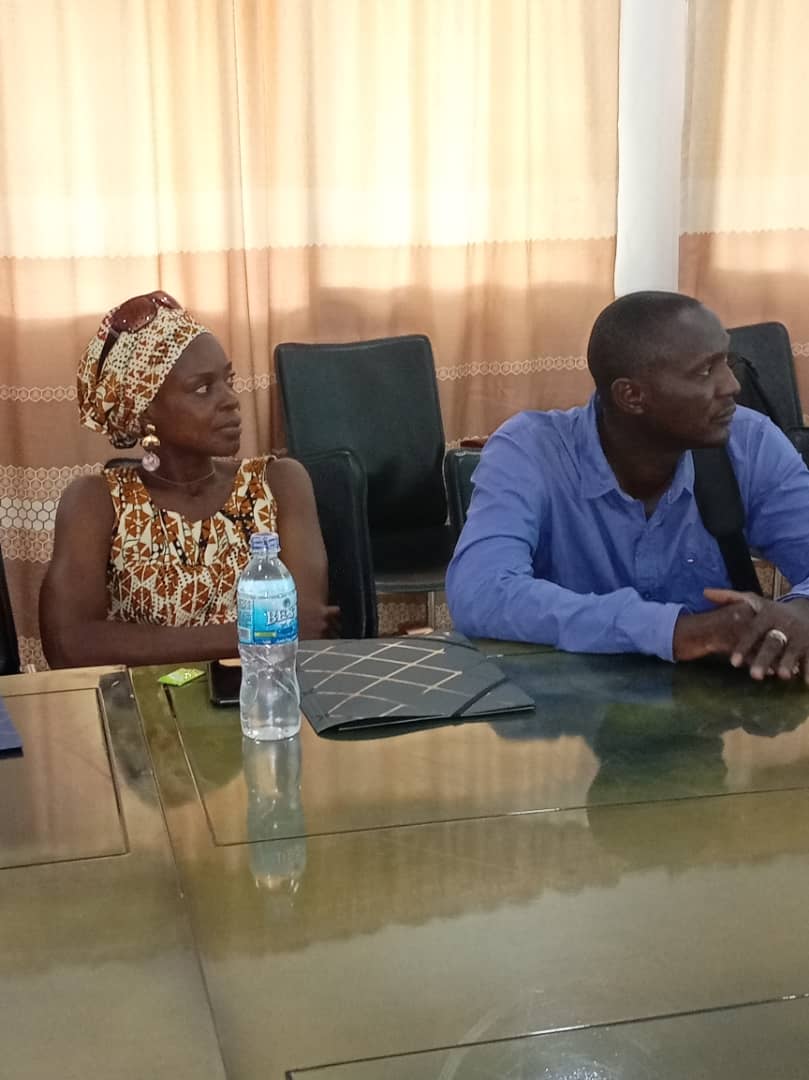
Slide title
Write your caption hereButton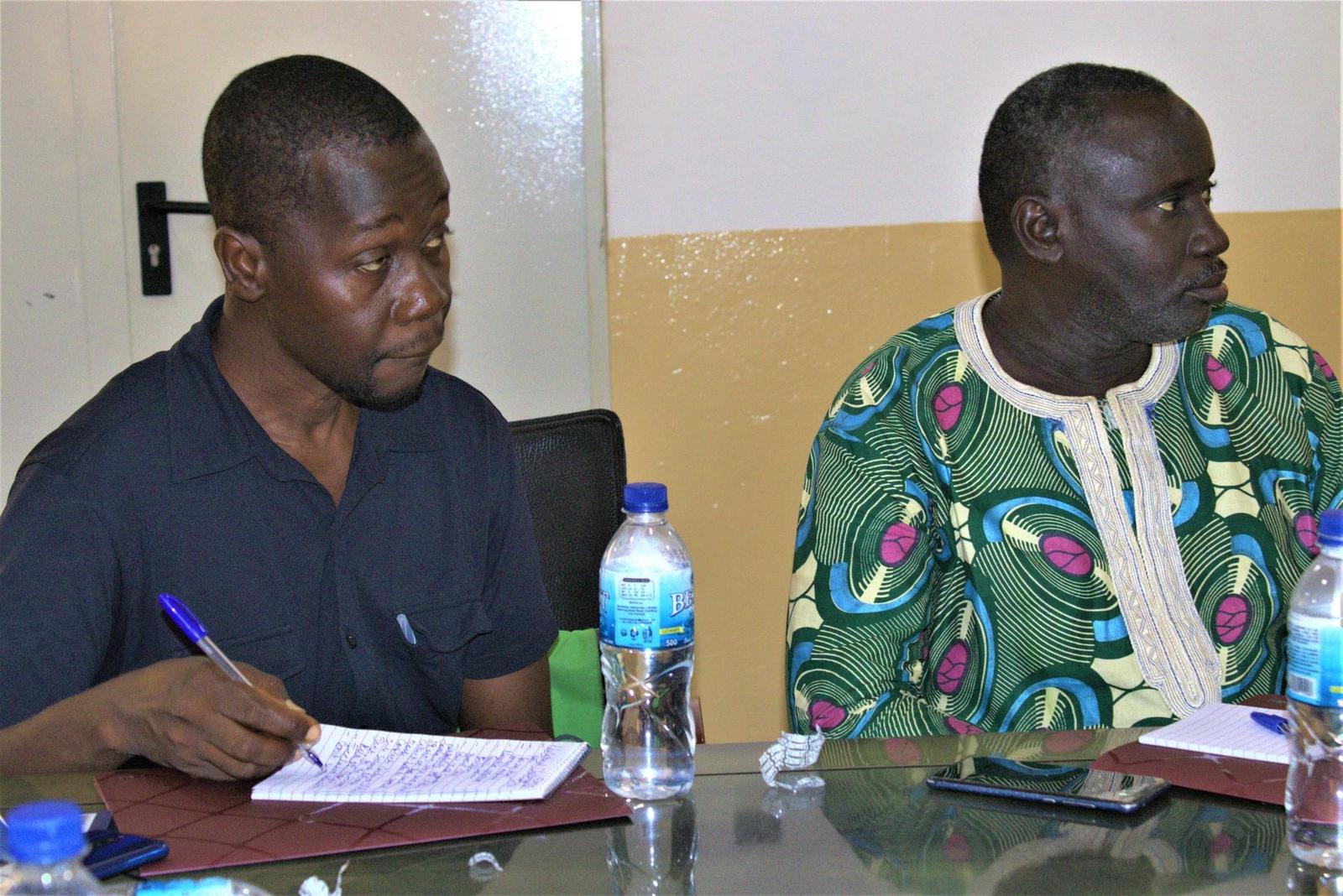
Slide title
Write your caption hereButton
Slide title
Write your caption hereButton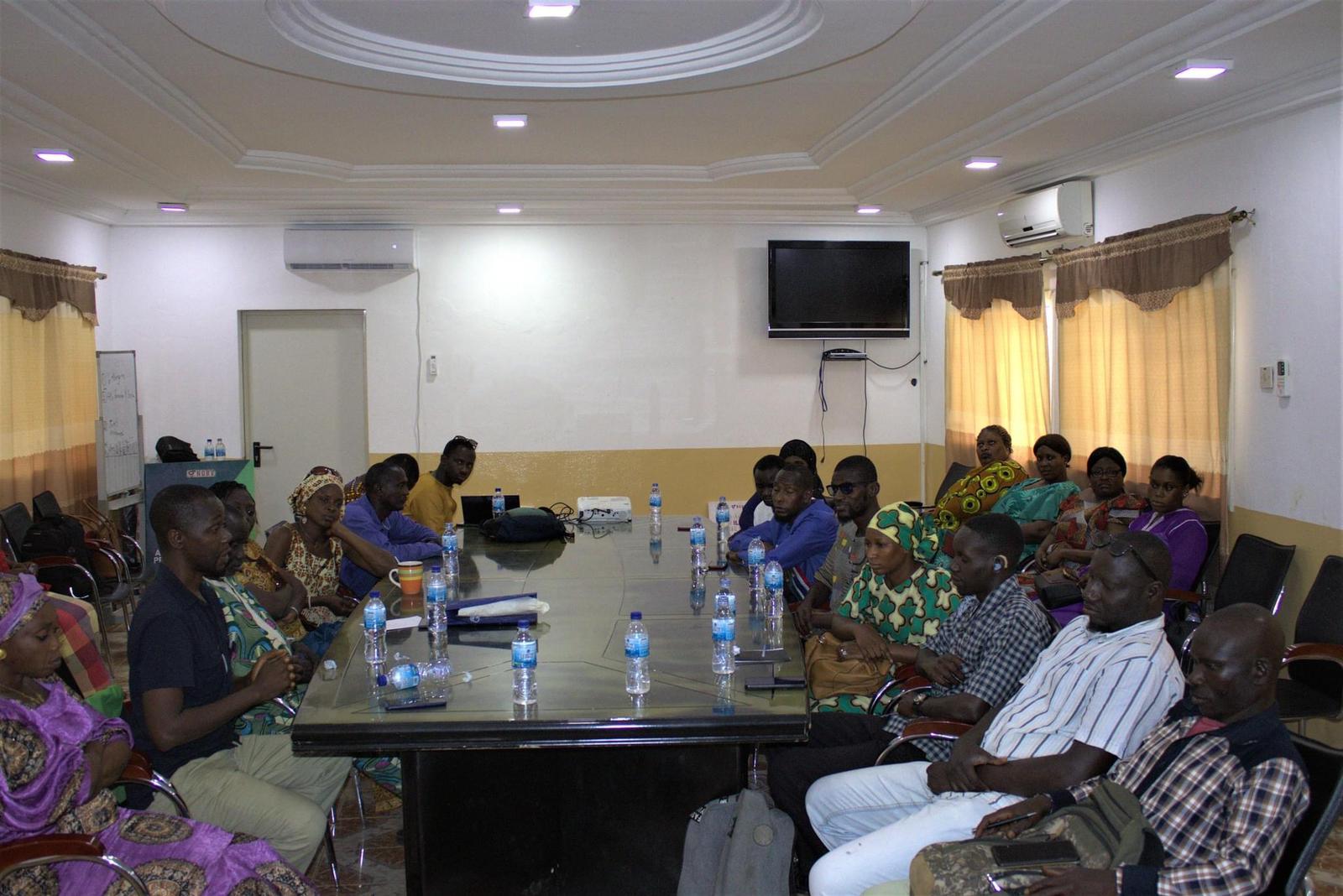
Slide title
Write your caption hereButton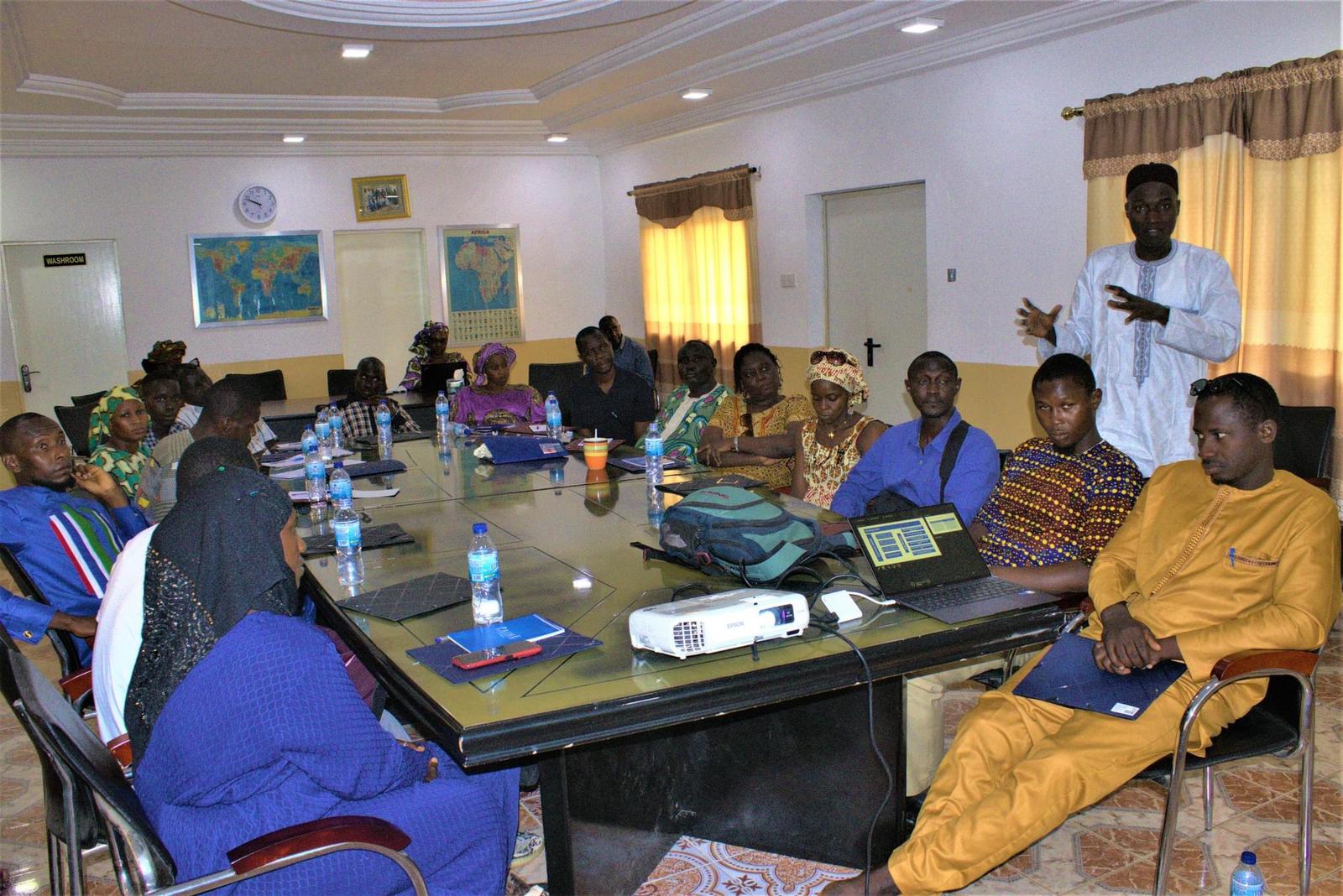
Slide title
Write your caption hereButton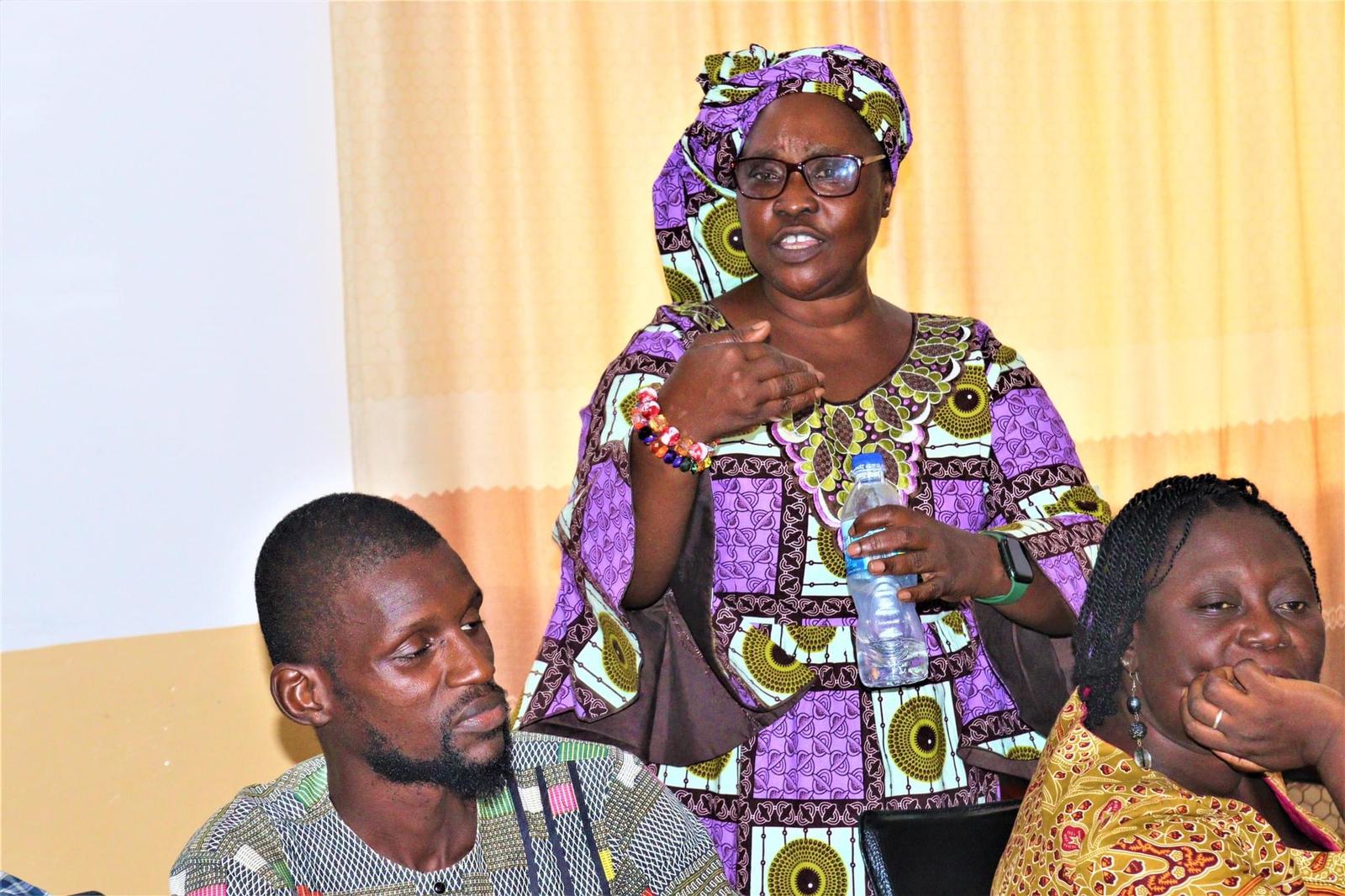
Slide title
Write your caption hereButton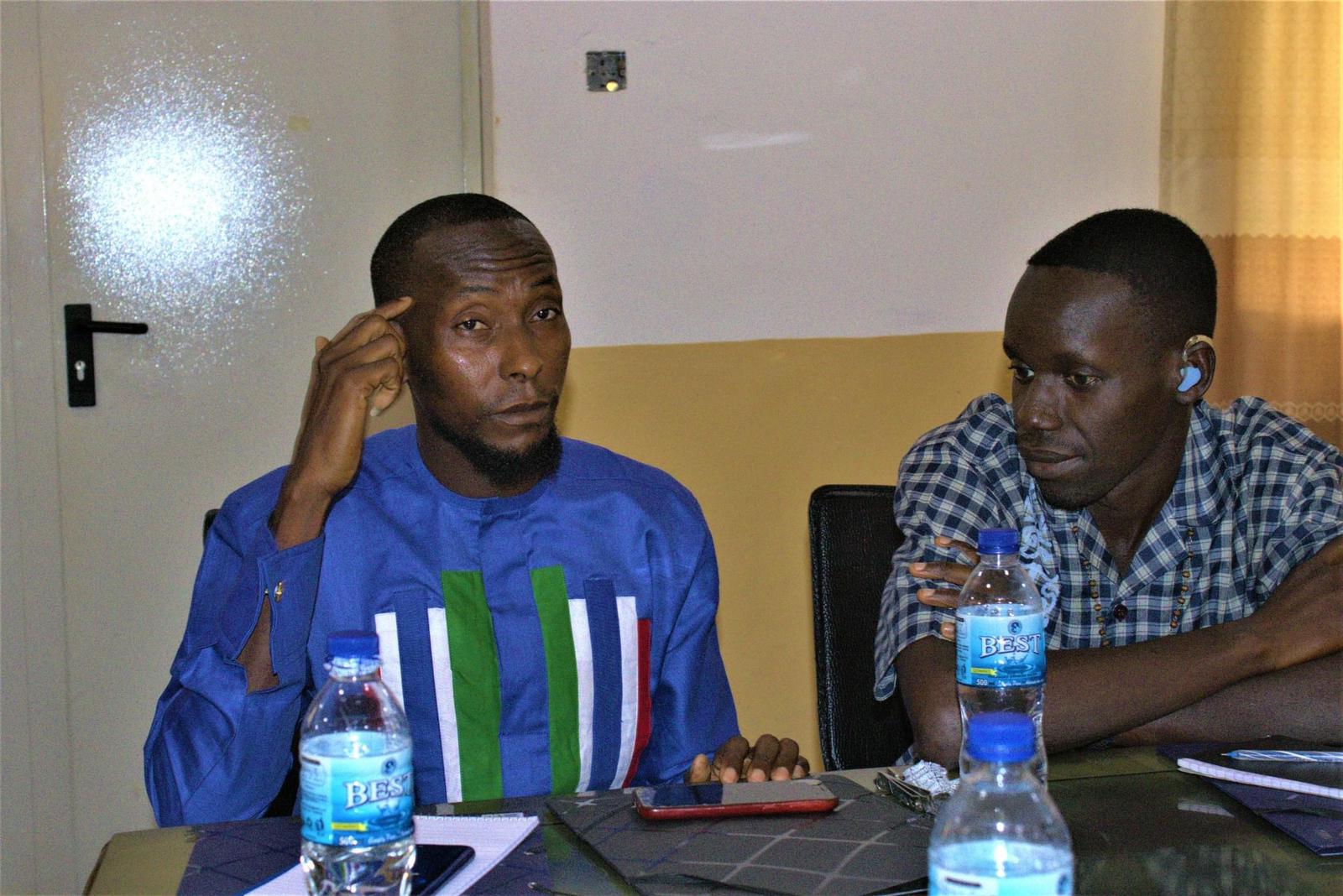
Slide title
Write your caption hereButton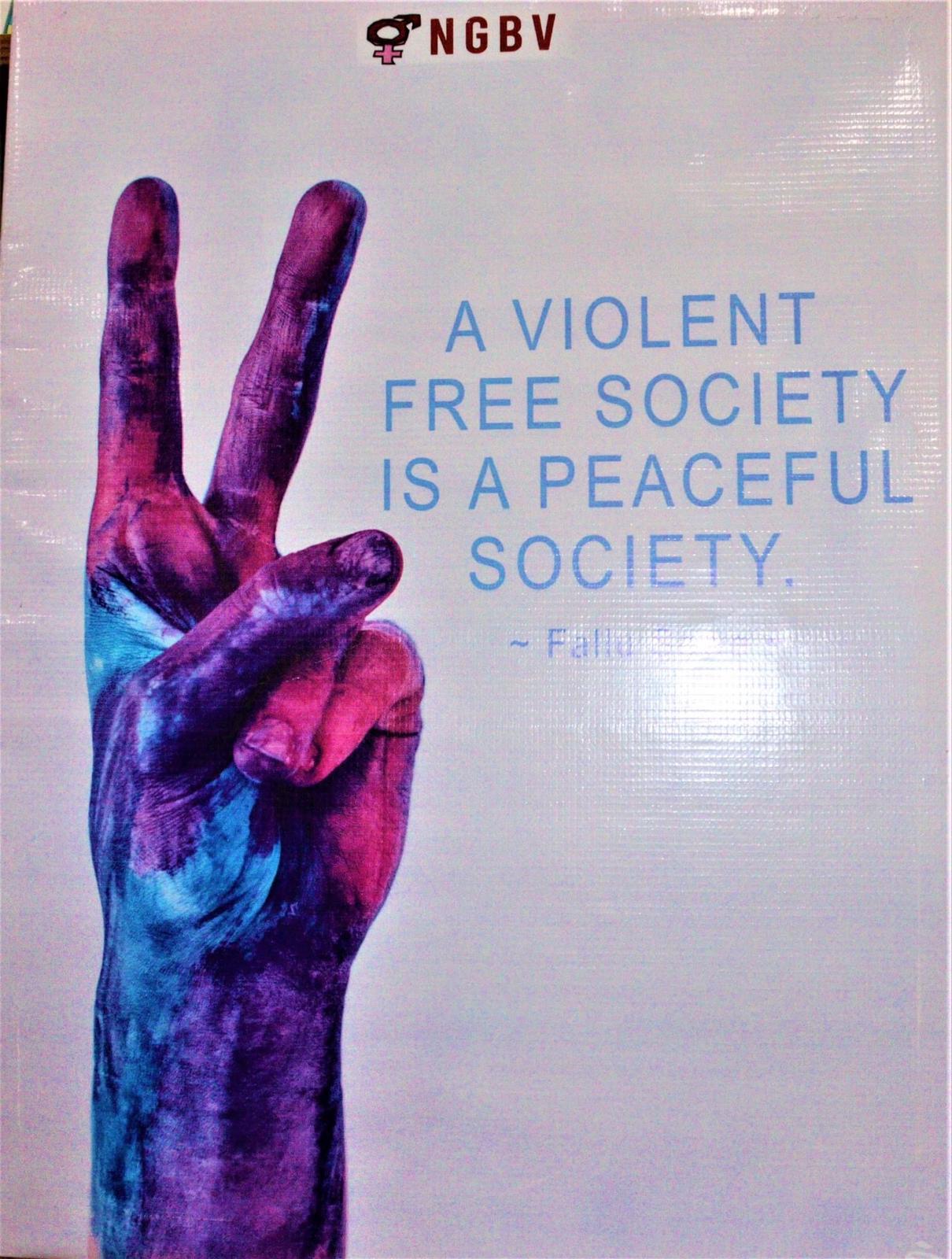
Slide title
Write your caption hereButton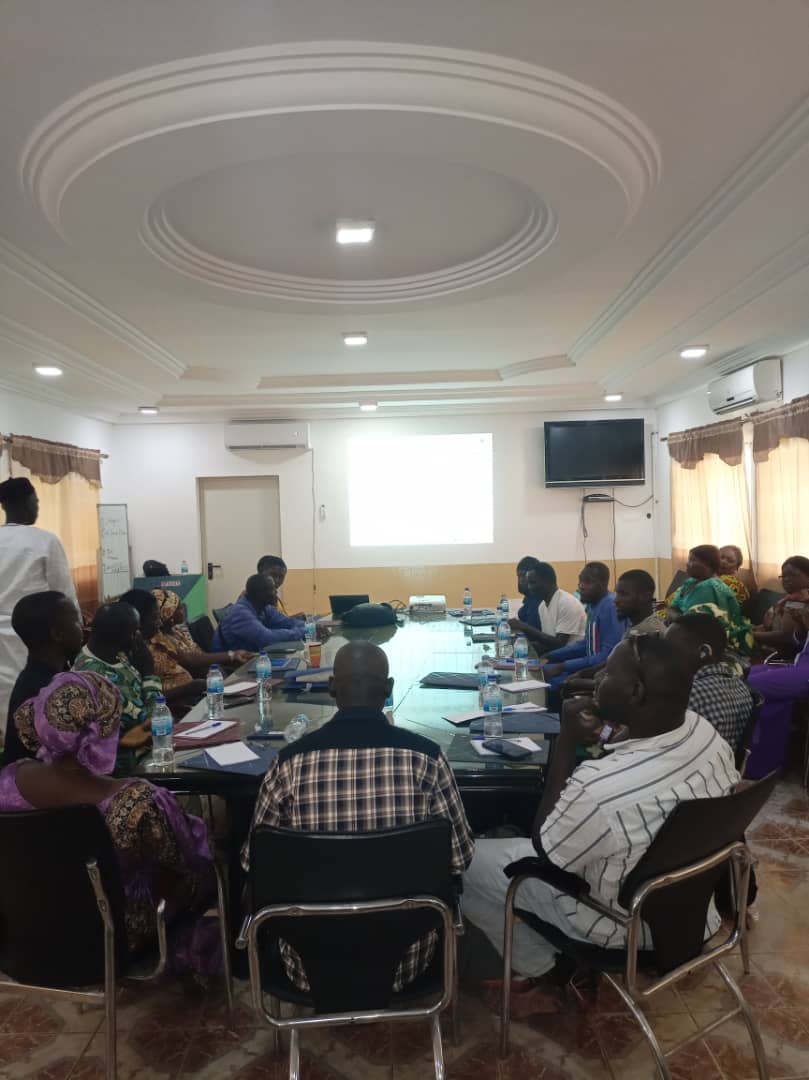
Slide title
Write your caption hereButton
Slide title
Write your caption hereButton



Lord Lieutenants Charity HubWarner Brothers StudiosSuite 23, Building 6, Hercules Way,LeavesdenWD25 7GS
Learn More
0208 013 9616
All Rights Reserved | The Steve Sinnott Foundation

